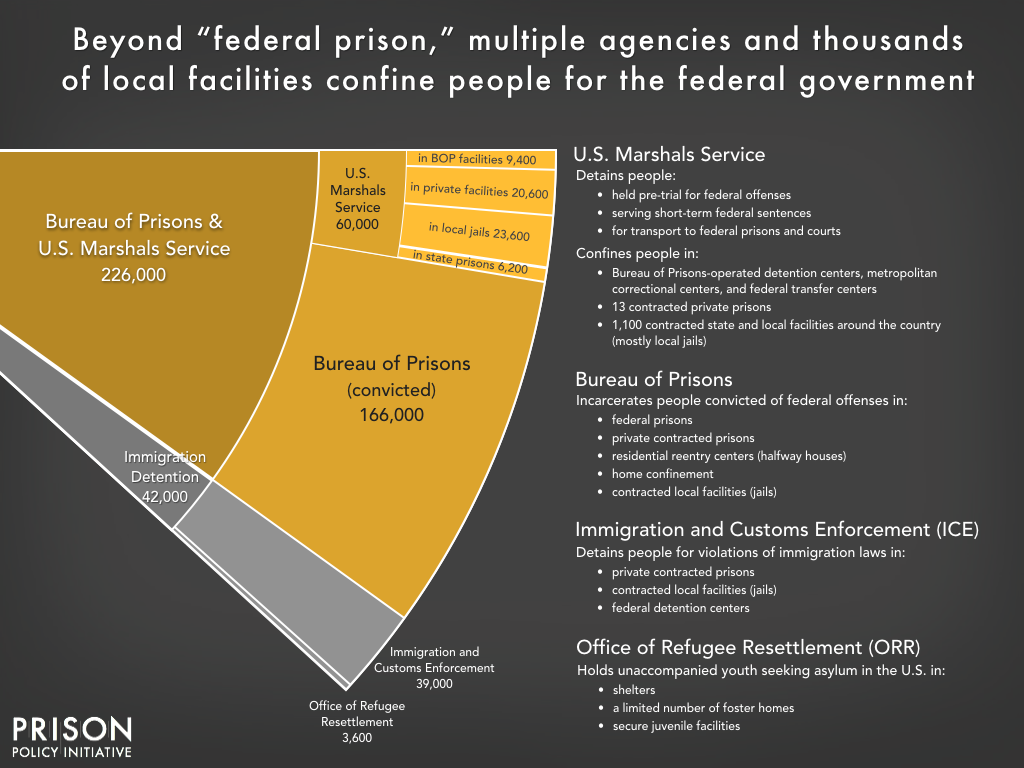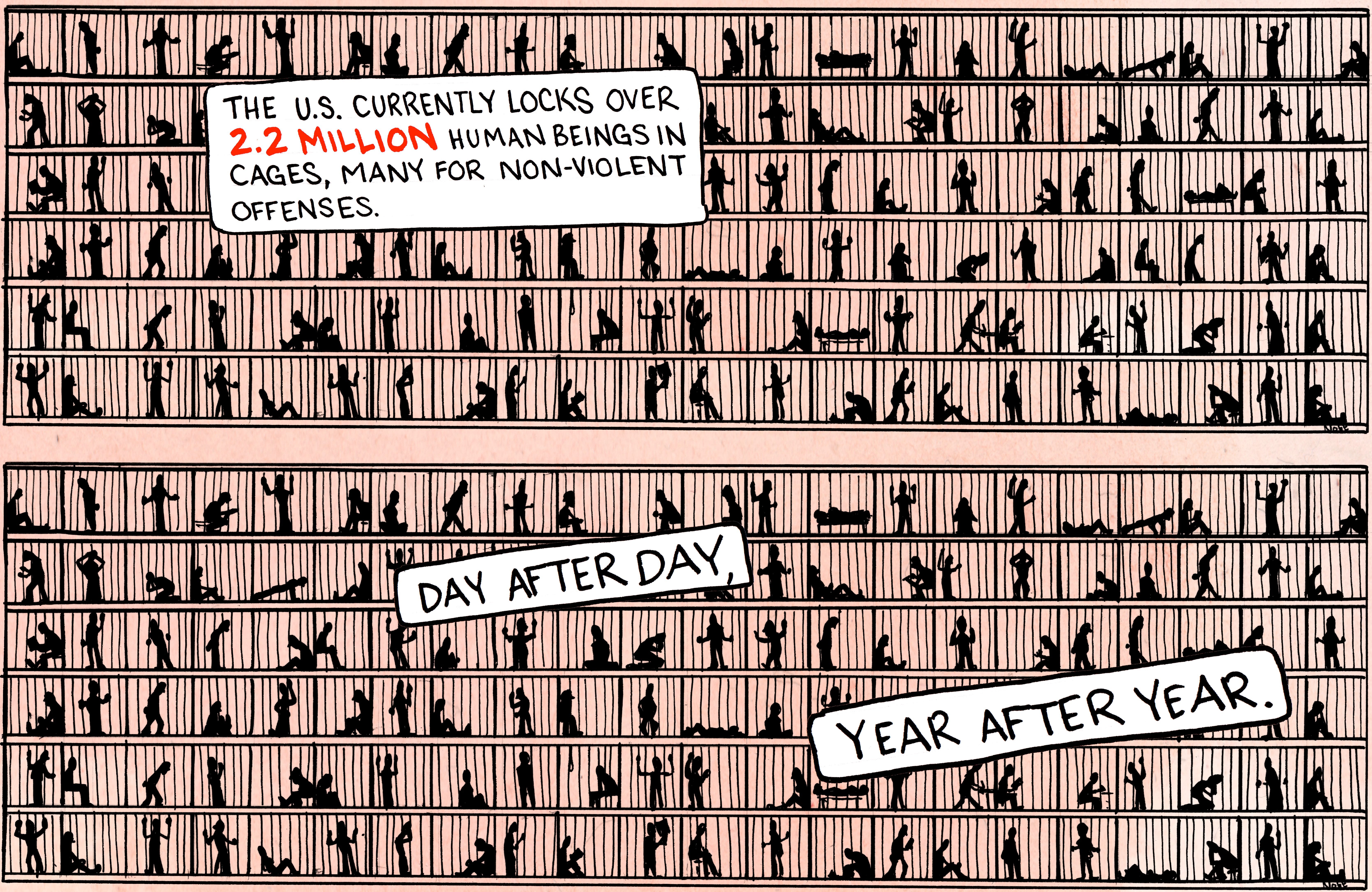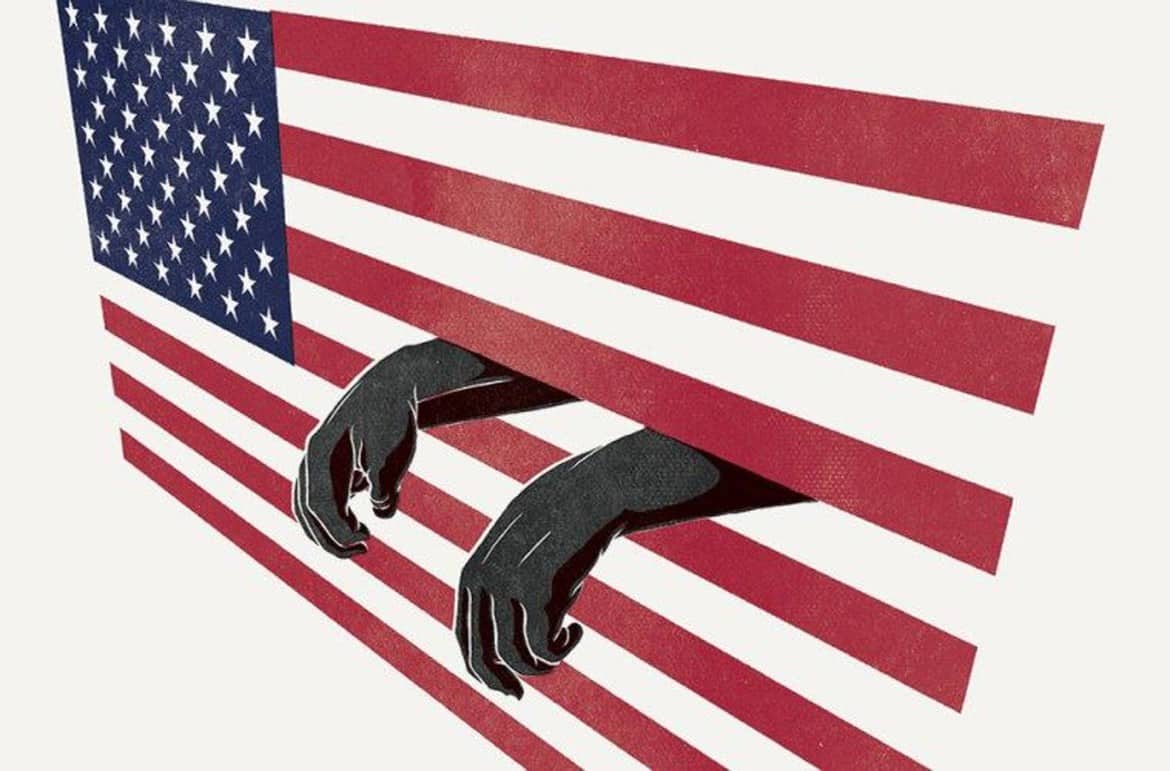Featured
- Get link
- X
- Other Apps
Mass Incarceration Articles
April 25 2019. The highest rate of imprisonment in the world.
 Kamala Harris Mass Incarceration And Me The New York Times
Kamala Harris Mass Incarceration And Me The New York Times
Mass incarceration is the confinement of large numbers of people to prisons and the subsequent legal and finan-cial restrictions they face once they leave prison which prevent them.

Mass incarceration articles. Mass incarceration society All of these terms refer to a large-scale shift toward formal incarceration as our collective social response to crime. Adults be-hind Bars New Study Says. The USA has a problem with incarceration.
For all the talk of curbing Americas appetite for mass incarceration and bipartisan support for reducing prison sentences the number of. Perhaps chief among them is subscription to the belief that the American criminal-justice system is racist and overly punitive. This article examines how the emergence of mass incarceration in the United States affected public perceptions of its judicial institutions.
Mass Incarceration and Prison Studies The database is organized around a selection of key historical and contemporary events and themes bringing together archival and reference materials court cases first-hand accounts videos Supreme Court audio files research on rehabilitation training materials and artistic works. The United States has less than 5 percent of the worlds population but imprisons a quarter of the world. Mass incarceration defines us as a society Stevenson argues the way slavery once did.
The Mass Incarceration Problem in America The US has the largest prison population in the world with more than 24 million locked up in the countrys prison system. Mass incarceration has raised significant social justice issues especially since it has been heavily concentrated on poor uneducated African American men. Despite only 5 of the worlds population living in the country the USA imprisons nearly 25 of all incarcerated people globally.
Analyses of General Social Survey data collected between 1974 and 2018 indicate that the rising incarceration rate was associated with distinctive changes to Blacks and Whites views of courts. Everything You Dont Know About Mass Incarceration. Mass incarceration is defined by historically extreme rates of im-prisonment and by the concentration of incarceration among the most marginalized Garland 2001.
The full reach of this change was captured in headlines from the New York Times in February 2008 that declared 1 in 100 US. Since 1970 the number of people incarcerated has climbed from less than 500 000 to 23 million. Police practices and racism.
Whether called mass incarceration mass imprisonment the prison boom the carceral state or hyperincarceration this phenomenon refers to the current American experiment in incarceration which is defined by comparatively and historically extreme rates of imprisonment and by the concentration of imprisonment among young African American men living in neighborhoods of. We talk about mass incarceration while only proposing individual level solutionsusually punishment and offer little to promote healing for harm or treatment for mental illness for. And the actual benefits of mass incarceration are minimal at best.
According to sociologist David Garland 1 who first used a variant of the term mass incarceration it entails historically and comparatively extreme levels of incarceration that are so heavily concentrated among some groups that incarceration has become a normal stage in the lifecourse. The same simple answer will address the policy question of how to confront the negative impact of mass incarceration on communities of color. But mass incarceration which has profoundly altered the American kinship system may also have implications for relationships that span across generations.
We then consider the health effects of current incarceration and having ever been incarcerated as well. In this paper I use data from the Fragile Families and Child Wellbeing Study a longitudinal data source uniquely situated to understand the collateral consequences of incarceration for. See also The Marshall Project and The Sentencing Project as well as the Prisons and Policing section at TruthoutThe extensive collection of articles below represents the thinking of the major incarceration scholars at work today.
C ertain must-pass ideological litmus tests have arisen for the 25 declared candidates so far seeking the Democratic Party presidential nomination. Sure crime rates have gone down since 1980 but studies have found the connection. Mass incarceration did not come about because of substantial increases in crime but rather because of a set of policy choices that the nation has made.
The sheer scale of imprisonment in the USA and its unequal burden on. To stay up to date on mass incarceration news follow Cross Cultural Solidaritys Twitter list of incarceration scholars and activists. Moreover recidivism rates in the United States are at an all time high with over 766 of offenders reoffending and returning to.
 Mass Incarceration The Whole Pie 2020 Prison Policy Initiative
Mass Incarceration The Whole Pie 2020 Prison Policy Initiative
The Huge World Of Arrests Why The War On Drugs Matters In Mass Incarceration Part 4 By Xenocrypt Medium
 Mass Incarceration Is An Extension Of Slavery Coipi
Mass Incarceration Is An Extension Of Slavery Coipi
 How Mass Incarceration Has Shaped History Jstor Daily
How Mass Incarceration Has Shaped History Jstor Daily
 Pdf Neoliberalism Mass Incarceration And The Us Debt Criminal Justice Complex
Pdf Neoliberalism Mass Incarceration And The Us Debt Criminal Justice Complex
 What Is Mass Incarceration An Overview Of How The U S Government By Daniel Nott Medium
What Is Mass Incarceration An Overview Of How The U S Government By Daniel Nott Medium
 Incarceration In The United States Wikipedia
Incarceration In The United States Wikipedia
 The Vauxhall Community Group To Host Criminal Justice System Mass Incarceration Tapinto
The Vauxhall Community Group To Host Criminal Justice System Mass Incarceration Tapinto
 Monthly Review From Mass Incarceration To Mass Coercion
Monthly Review From Mass Incarceration To Mass Coercion
 Why Can T We End Mass Incarceration Rolling Stone
Why Can T We End Mass Incarceration Rolling Stone
 U S Election 2020 Why Mass Incarceration Is Looming As A Campaign Issue Bloomberg
U S Election 2020 Why Mass Incarceration Is Looming As A Campaign Issue Bloomberg
 Mass Incarceration Public Health And Widening Inequality In The Usa The Lancet
Mass Incarceration Public Health And Widening Inequality In The Usa The Lancet
 A Million People Were In Prison Before We Called It Mass Incarceration Fivethirtyeight
A Million People Were In Prison Before We Called It Mass Incarceration Fivethirtyeight
 Pdf The Effect Of Mass Incarceration On Criminality In Colombia
Pdf The Effect Of Mass Incarceration On Criminality In Colombia
Comments
Post a Comment